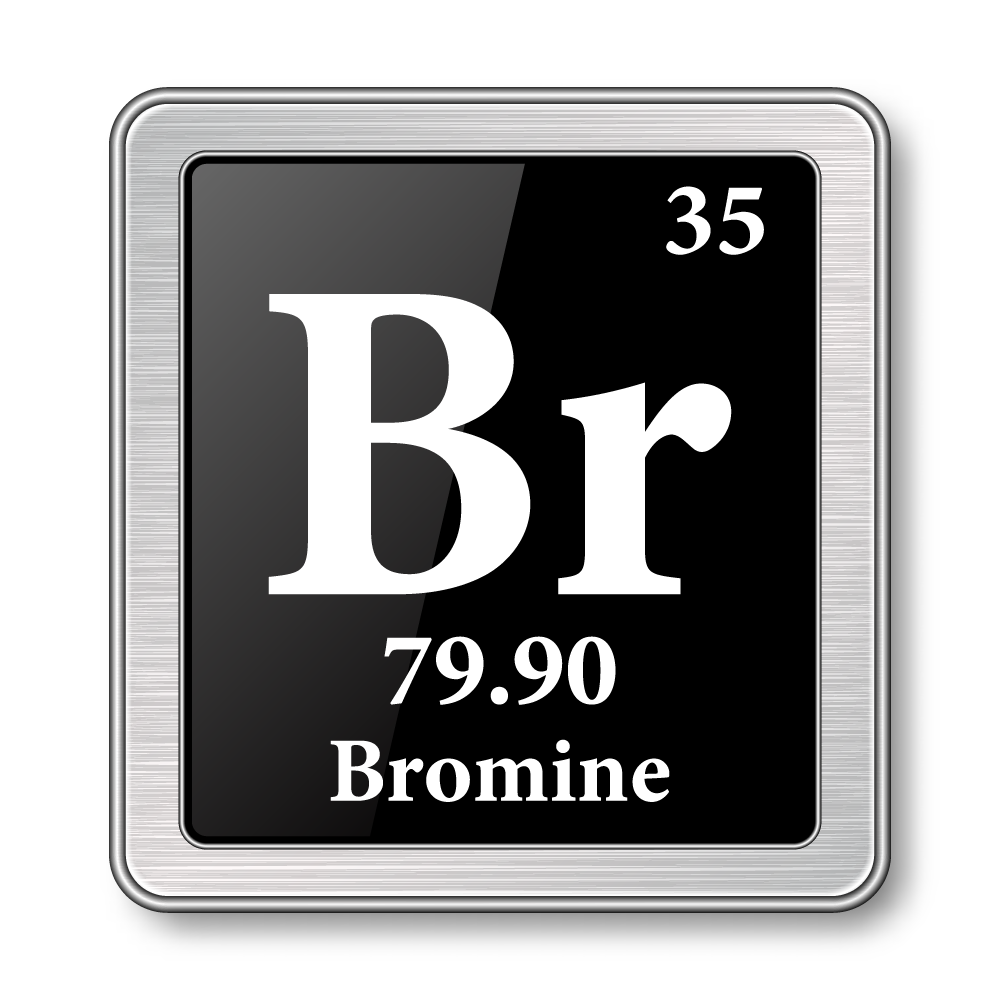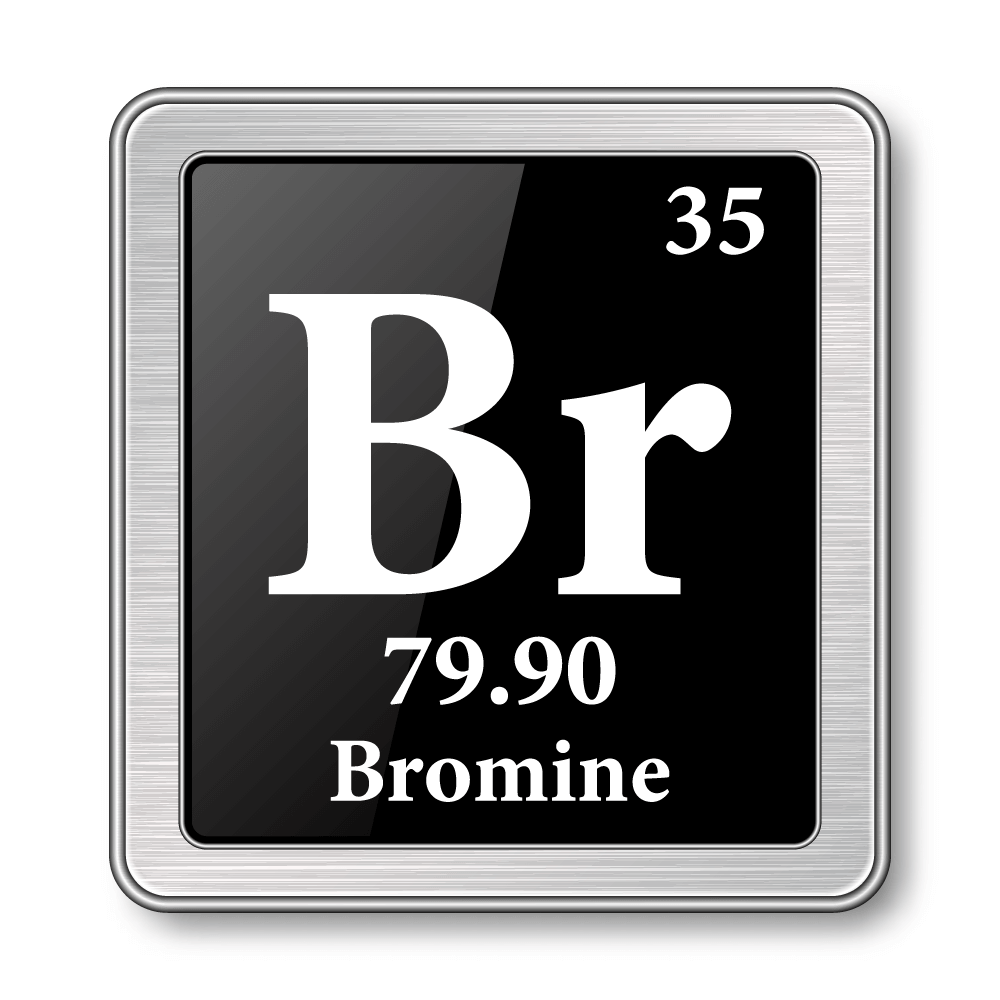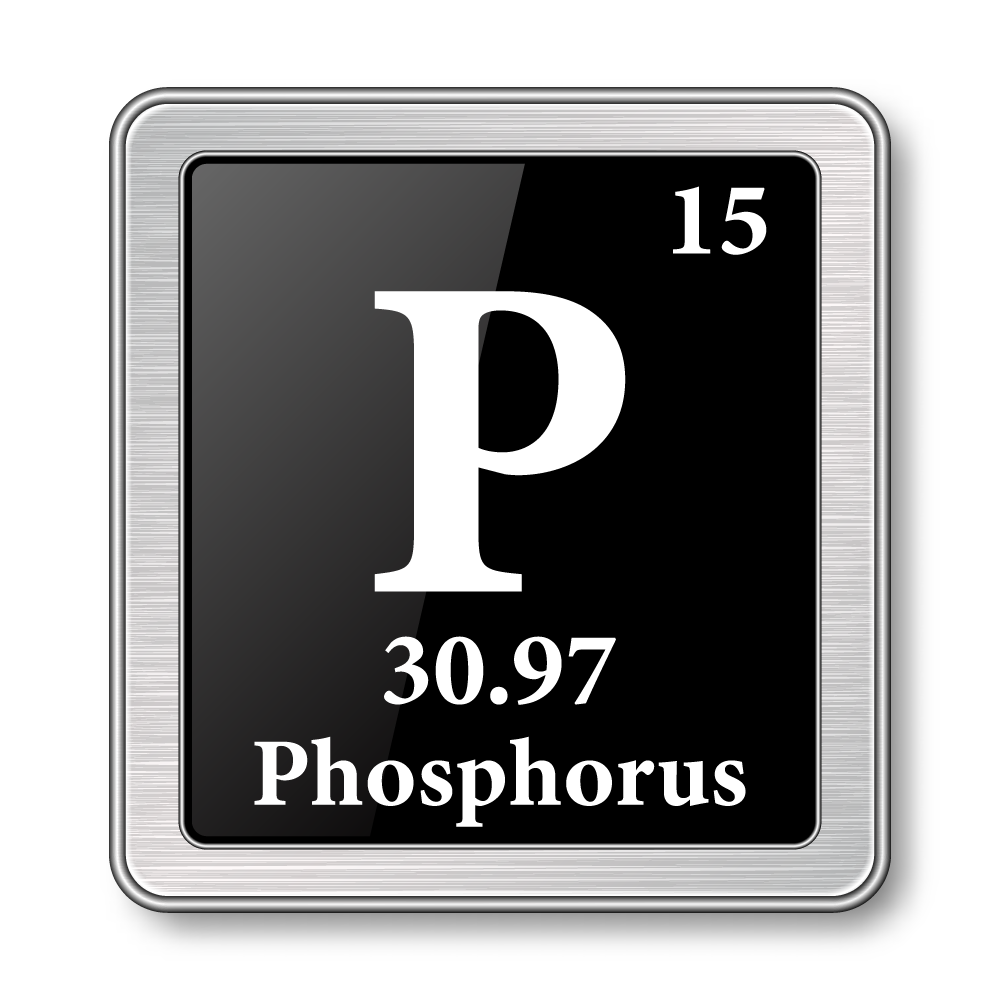
Ethyl Bromoacetate in Agrochemicals: Supporting Crop Protection Solutions
Ethyl bromoacetate is a versatile chemical compound that plays a significant role in modern agriculture, especially in the formulation of agrochemicals such as herbicides, pesticides, and fungicides. As a vital intermediate in chemical synthesis, ethyl bromoacetate enables the creation of compounds that protect crops from pests, diseases, and weeds, ensuring higher yields and food security.
In this blog, we will explore the role of ethyl bromoacetate in the agrochemical industry, focusing on its applications in the manufacturing of herbicides, pesticides, and fungicides, and how it supports effective crop protection solutions.
Chemical Profile of Ethyl Bromoacetate
Ethyl bromoacetate, with the chemical formula C₄H₇BrO₂, is an organic compound characterized by its clear liquid form and pungent odor. Its molecular structure, featuring a bromine atom attached to a two-carbon backbone, makes it a reactive ester widely used in organic synthesis. Key properties of ethyl bromoacetate include:
- Molecular Weight: 167.00 g/mol
- Boiling Point: ~158°C
- Solubility: Slightly soluble in water, highly soluble in organic solvents
- Reactivity: Reacts readily in alkylation and substitution reactions
These properties make ethyl bromoacetate an ideal reagent for synthesizing active ingredients in agrochemicals.
Role in Herbicide Manufacturing
One of the critical applications of ethyl bromoacetate is in the production of herbicides. Herbicides are chemicals used to control unwanted plants (weeds) that compete with crops for nutrients, water, and sunlight.
Ethyl bromoacetate serves as a precursor in the synthesis of herbicidal compounds, particularly those targeting specific enzymes or metabolic pathways in weeds. Its reactivity allows it to participate in creating selective herbicides that kill weeds while sparing the crops. By enabling the production of highly effective herbicides, ethyl bromoacetate contributes to reducing manual weeding efforts and improving agricultural productivity.
Applications in Pesticide Production
Pests such as insects, mites, and nematodes pose a significant threat to crops, leading to substantial losses in yield and quality. Pesticides formulated using ethyl bromoacetate help protect crops by targeting and eliminating these threats.
Ethyl bromoacetate's brominated structure is particularly useful in creating organobromine compounds, which are active ingredients in many pesticides. These compounds disrupt the nervous systems or metabolic processes of pests, ensuring effective control. Moreover, ethyl bromoacetate enables the synthesis of broad-spectrum pesticides, which are essential for managing diverse pest populations in various crops.
Contribution to Fungicide Development
Fungal diseases are another major challenge in agriculture, capable of destroying entire harvests if left unchecked. Ethyl bromoacetate plays a significant role in the synthesis of fungicides, which are chemicals designed to inhibit the growth of or kill fungi affecting crops.
Fungicides made from ethyl bromoacetate are effective against a wide range of fungal pathogens, including those causing powdery mildew, rusts, and blights. These fungicides act by disrupting the cellular processes of the fungi, protecting crops from infection and ensuring healthier yields.
Advantages in Agrochemical Applications
Ethyl bromoacetate's reactivity and versatility make it indispensable in agrochemical synthesis. Its advantages include:
- Efficiency in Synthesis: Ethyl bromoacetate facilitates the production of complex agrochemical compounds through straightforward reactions, reducing manufacturing time and costs.
- Versatility: Its ability to participate in various chemical reactions makes it suitable for creating a wide range of herbicides, pesticides, and fungicides.
- Scalability: Ethyl bromoacetate is easily adaptable to large-scale production, meeting the demands of global agriculture.
These benefits underscore its importance in modern crop protection solutions.
Environmental Considerations
While ethyl bromoacetate is invaluable in agrochemicals, it is essential to handle it responsibly due to its potential environmental impact. Manufacturers and users must comply with safety and environmental regulations to minimize risks to ecosystems and human health.
When to Contact Rock Chemicals Inc for Bulk Orders of Ethyl Bromoacetate
Ethyl bromoacetate is a cornerstone in the production of herbicides, pesticides, and fungicides, playing a vital role in supporting global agriculture. If your business requires high-quality ethyl bromoacetate in bulk, Rock Chemicals Inc. is your trusted supplier. With a commitment to reliability, quality, and compliance, Rock Chemicals Inc. ensures that your agrochemical production needs are met efficiently. Contact us today to discuss your bulk order requirements and explore how our products can enhance your crop protection solutions.


















